NLSIU will be hosting a research talk by Dr. Moyukh Chatterjee, Faculty at the University of Edinburgh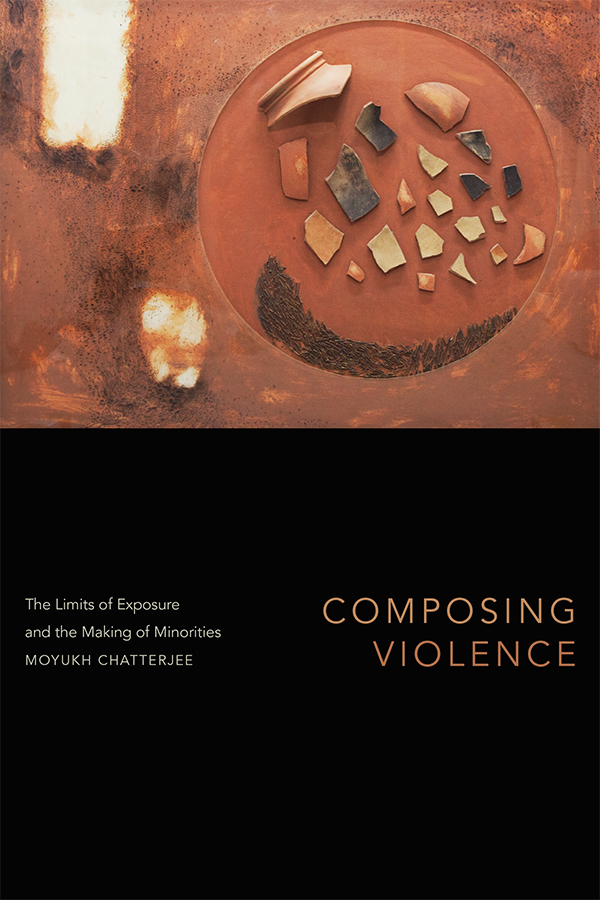 and author of ‘Composing Violence: The Limits of Exposure and the Making of Minorities‘ (Duke University Press, 2023), at the Training Centre Conference Room at 3 PM, on Tuesday, July 9, 2024.
and author of ‘Composing Violence: The Limits of Exposure and the Making of Minorities‘ (Duke University Press, 2023), at the Training Centre Conference Room at 3 PM, on Tuesday, July 9, 2024.
About the Session
The idea of a research talk is about discussing how the book was researched, methodology and writing. So this will not be a “talk” in the conventional sense. Attendees are all expected to read the introduction to his book before coming for the talk, which is available here. The talk would happen on campus in person, and in hybrid mode.
Abstract
To compose violence is to describe violence as a constitutive force that produces and reproduces the majority and the minority – on the street, in the courtroom, in the police archive, and within mainstream media. In my work on the afterlives of Gujarat 2002, I examine the role of legal archives, everyday police reporting, and courtroom rituals in the production of new kinds of majorities and minorities. By moving from exposure to composition – the power of violence to produce new attachments, subjects, and subjectivities – we will discuss two related questions: What scholarly work is possible when violence is not repressed, not located at the margins of the state, and not even disguised by the participants? What forms of everyday legality transform anti-minority violence into durable order? We will focus on police archives, legal activism, and mainstream media coverage, to understand the role of everyday law in sustaining supremacist regimes.
About the Speaker
Dr. Moyukh Chatterjee is a political and legal anthropologist and his work explores the afterlives of political violence. He teaches in the department of social anthropology at the University of Edinburgh. His book Composing Violence: The Limits of Exposure and the Making of Minorities (Duke University Press, 2023) examines how political violence against minorities acts as a catalyst for radical changes in law, public culture, and statecraft. More broadly, his work explores the limits of the politics of exposure to understand majoritarian politics and anti-minority violence in India and beyond.
Over the last decade, he has been trying to understand the relationship between crowds and power, impunity and state formation, and the law and supremacist regimes as part of a broader effort to grasp the role of violence within liberal democracies. His current research examines the everyday life of far-right supremacist regimes, including the life stories of precarious young men who join far-right organisations, the creation of muscular, religious publics, and the relationship between authoritarian rule and public religiosity.

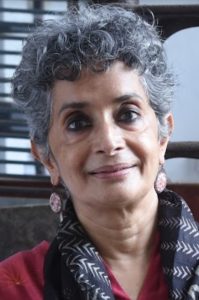 Nivedita Menon is a Professor at the Centre for Comparative Politics and Political Theory, Jawaharlal Nehru University, Delhi. Her latest book is Secularism as Misdirection: Critical Thought from the Global South (Permanent Black and Duke University Press 2023). Apart from research papers in Indian and international journals, her previous books are Seeing like a Feminist(2012/updated 2nd Edition 2022), Recovering Subversion: Feminist Politics Beyond the Law (2004); and (co-written) Power and Contestation: India after 1989 (2007/2nd Edition 2014). She is a regular commentator on contemporary issues on the collective blog kafila.online (of which she is one of the founders). She has translated fiction and non-fiction from Hindi and Malayalam into English, and from Malayalam into Hindi, and received the AK Ramanujan Award for translation instituted by Katha.
Nivedita Menon is a Professor at the Centre for Comparative Politics and Political Theory, Jawaharlal Nehru University, Delhi. Her latest book is Secularism as Misdirection: Critical Thought from the Global South (Permanent Black and Duke University Press 2023). Apart from research papers in Indian and international journals, her previous books are Seeing like a Feminist(2012/updated 2nd Edition 2022), Recovering Subversion: Feminist Politics Beyond the Law (2004); and (co-written) Power and Contestation: India after 1989 (2007/2nd Edition 2014). She is a regular commentator on contemporary issues on the collective blog kafila.online (of which she is one of the founders). She has translated fiction and non-fiction from Hindi and Malayalam into English, and from Malayalam into Hindi, and received the AK Ramanujan Award for translation instituted by Katha.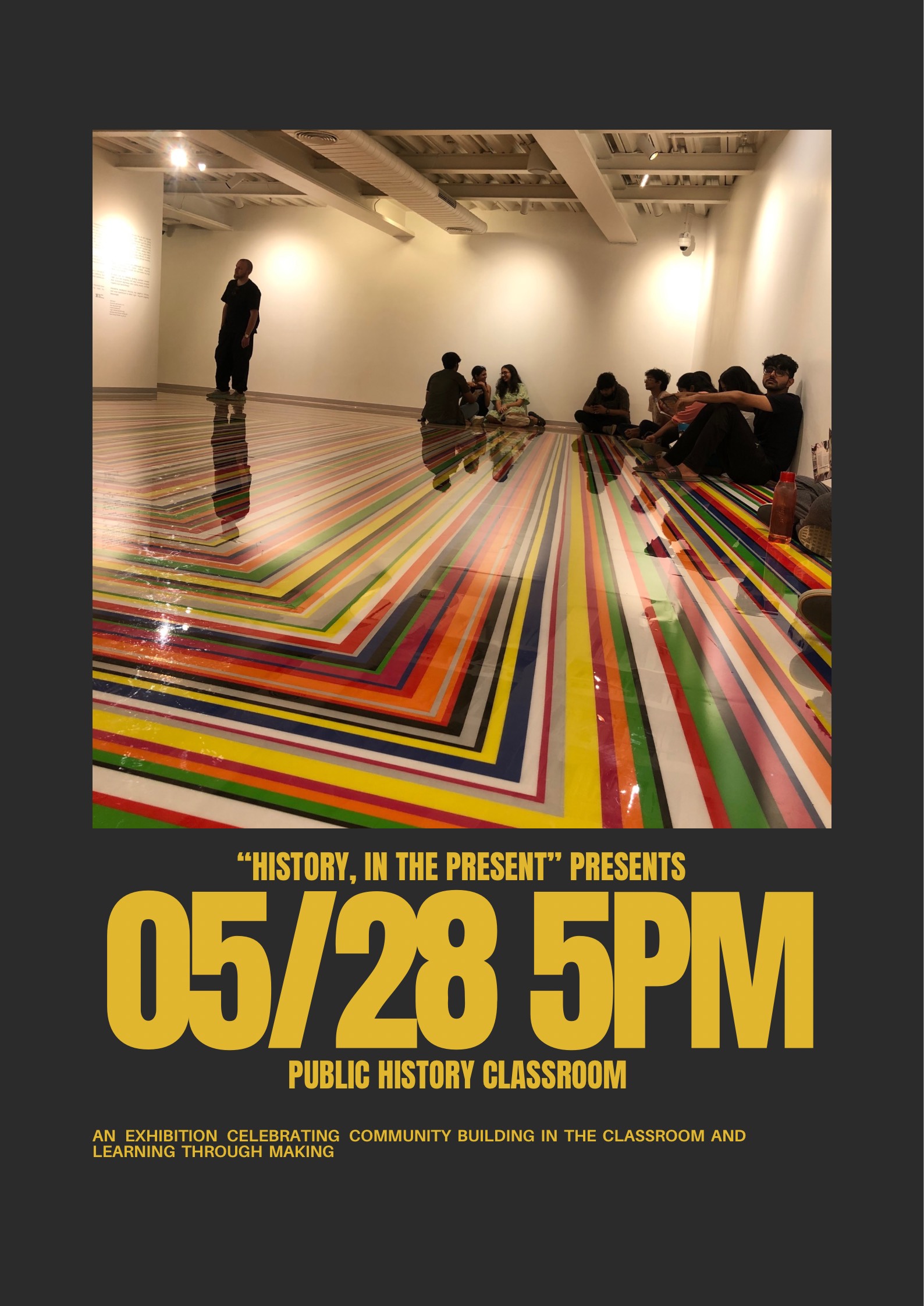
 NLSIU is excited to host a campus reunion for the batch of 2013 this Saturday, May 11, 2024 as they celebrate 10 years of their graduation from law school. Our alumni will be spending the day on campus re-connecting with batchmates, faculty, and other members of the NLS community.
NLSIU is excited to host a campus reunion for the batch of 2013 this Saturday, May 11, 2024 as they celebrate 10 years of their graduation from law school. Our alumni will be spending the day on campus re-connecting with batchmates, faculty, and other members of the NLS community.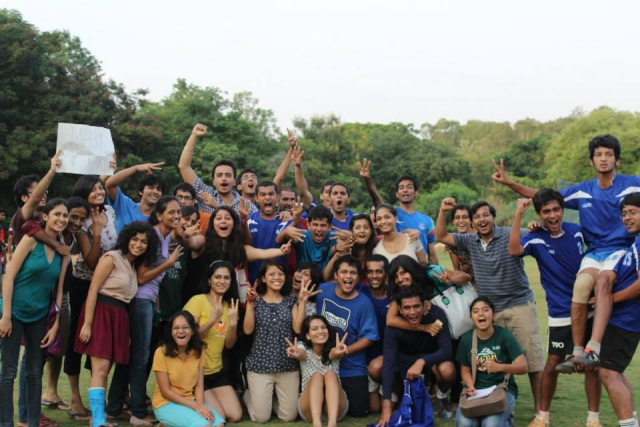
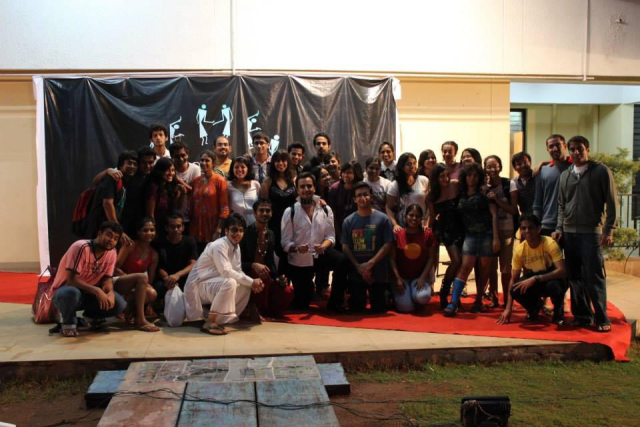
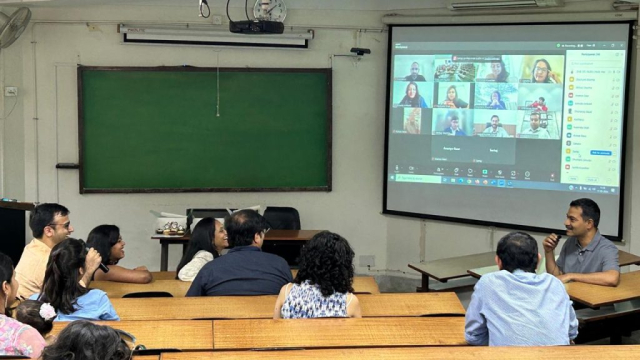
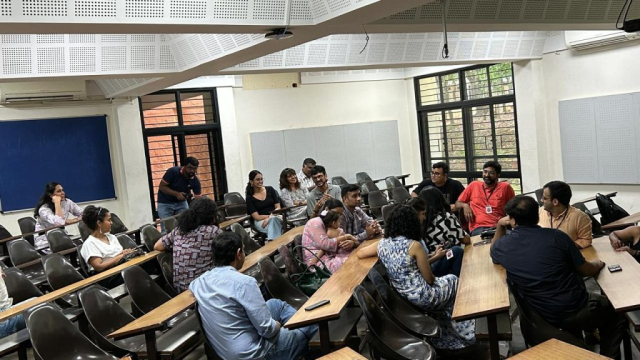
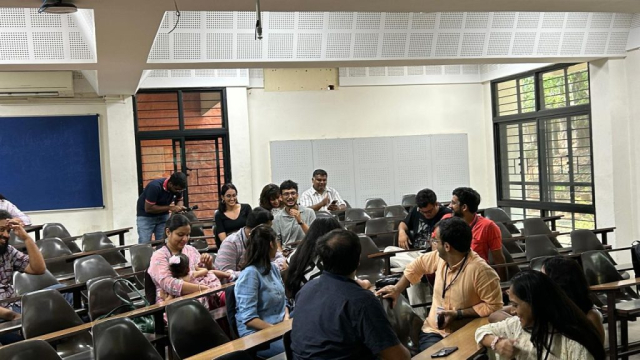
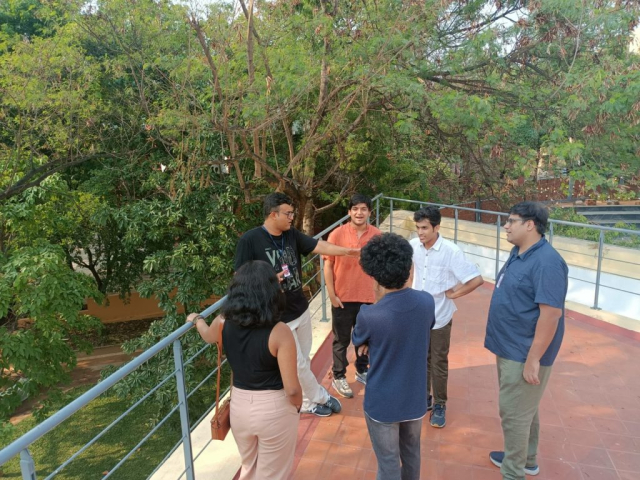
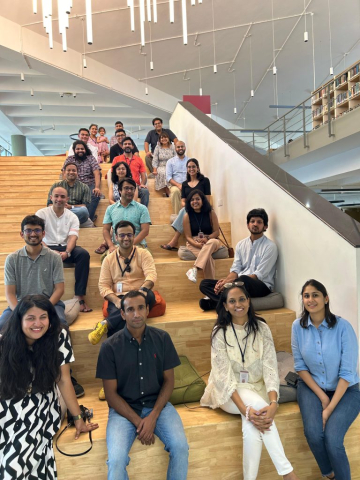
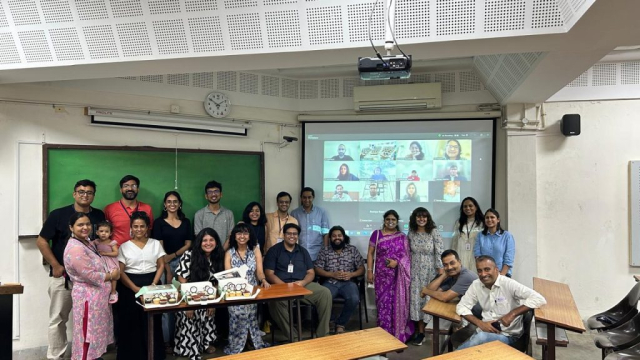
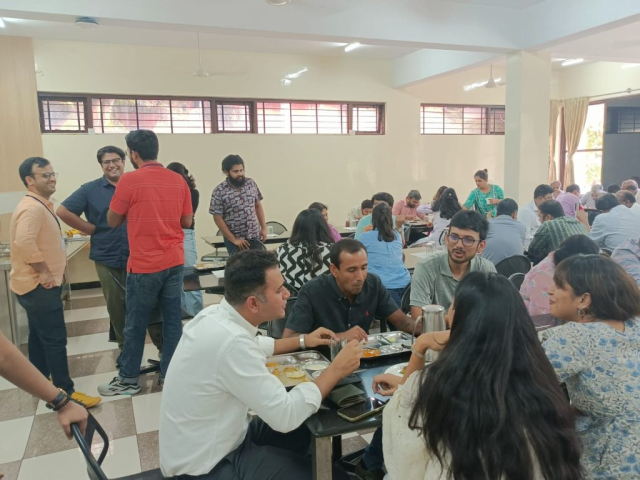
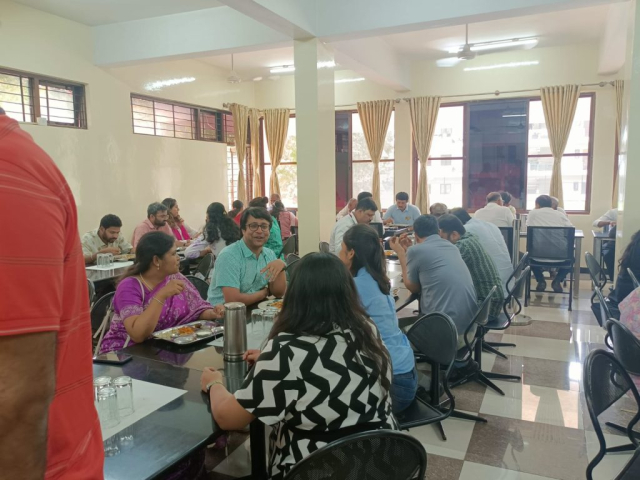
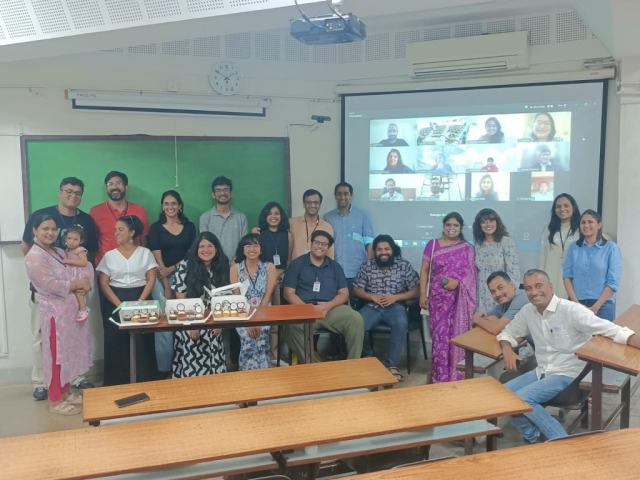
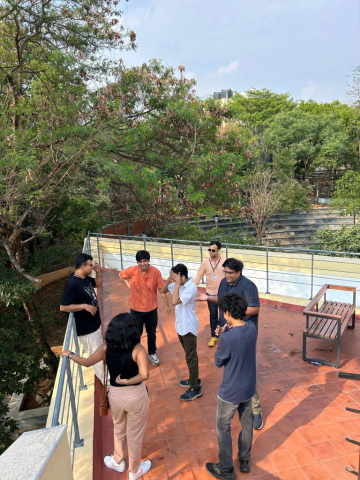
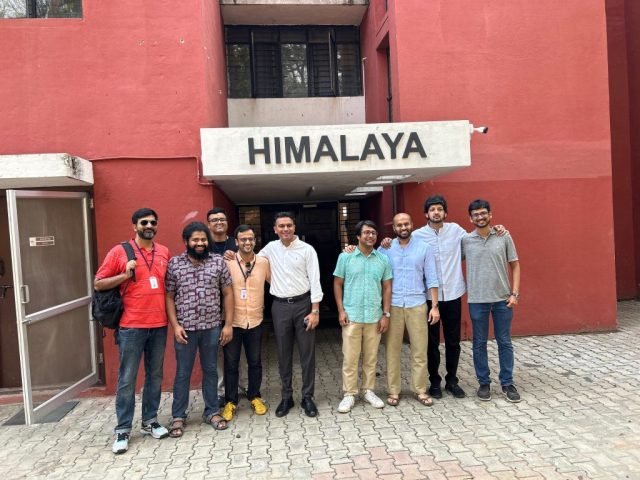
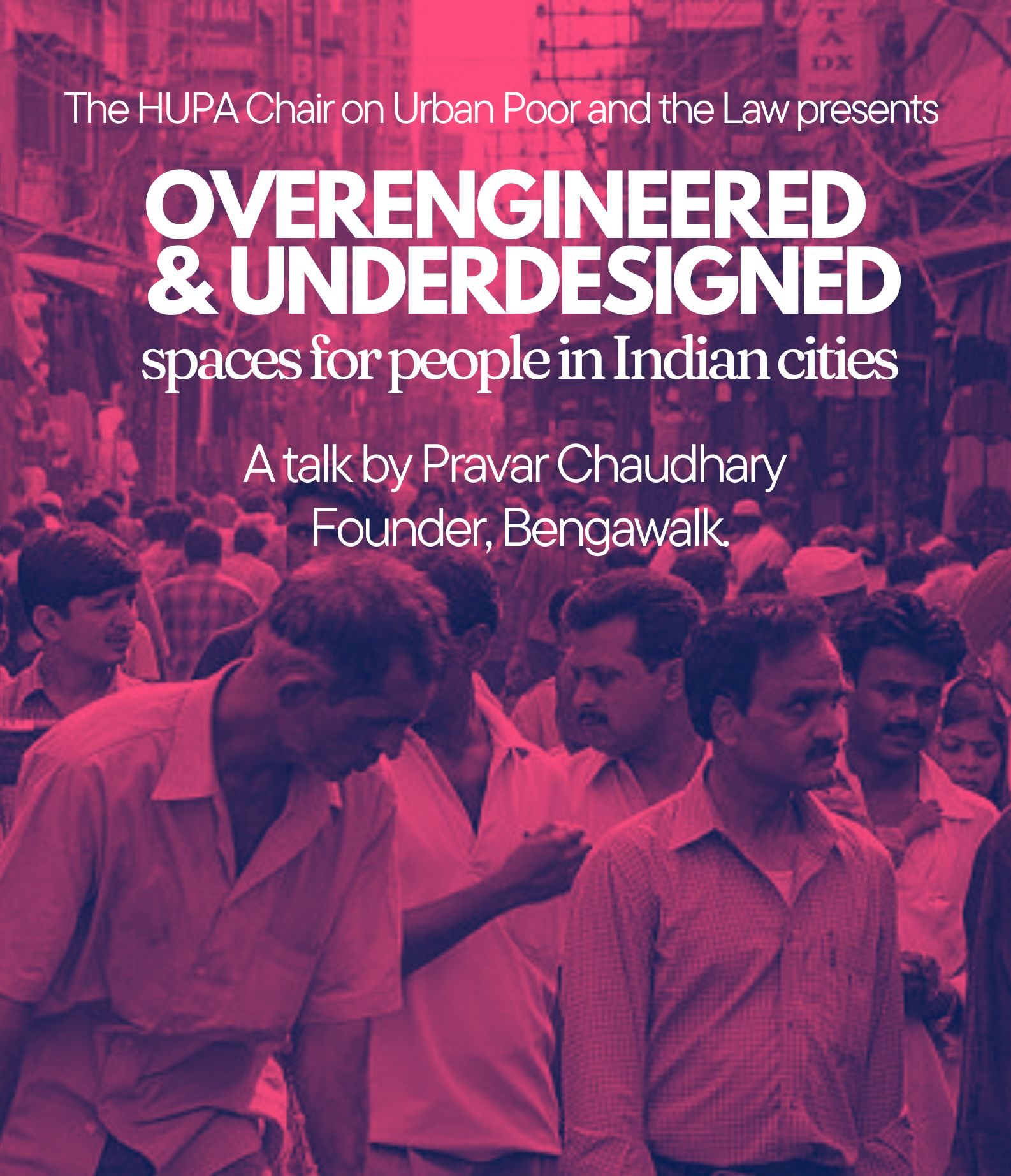 Underdesigned: Spaces for People in Indian Cities Today” to be delivered by Pravar Chaudhary.
Underdesigned: Spaces for People in Indian Cities Today” to be delivered by Pravar Chaudhary.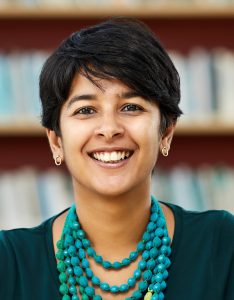 In our upcoming public lecture on May 6, 2024, NLSIU will host a book discussion with Sahana Ghosh, Assistant Professor of Anthropology at the National University of Singapore. The discussion is on her book titled ‘A Thousand Tiny Cuts – Mobility and Security across the Bangladesh-India Borderlands’. The event will take place from 5 pm – 6.30 pm. NLS faculty member Dr. Atreyee Majumder will be the discussant.
In our upcoming public lecture on May 6, 2024, NLSIU will host a book discussion with Sahana Ghosh, Assistant Professor of Anthropology at the National University of Singapore. The discussion is on her book titled ‘A Thousand Tiny Cuts – Mobility and Security across the Bangladesh-India Borderlands’. The event will take place from 5 pm – 6.30 pm. NLS faculty member Dr. Atreyee Majumder will be the discussant.